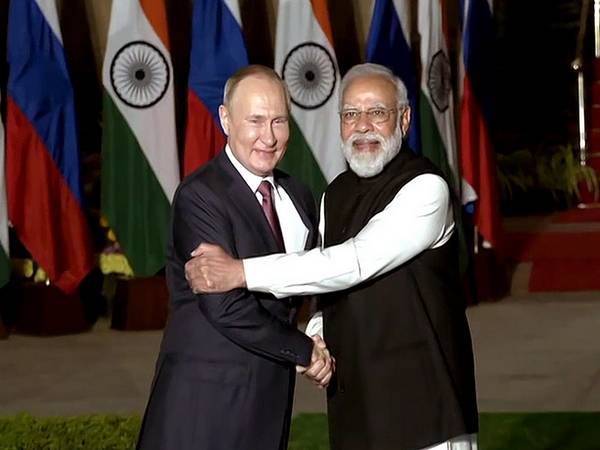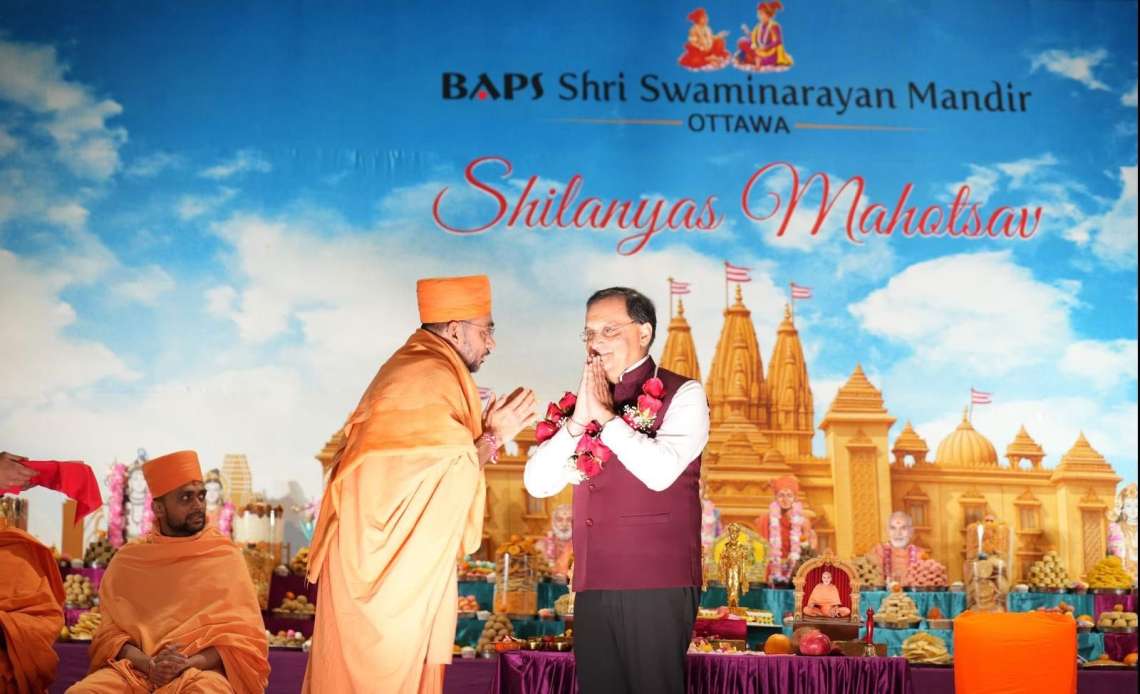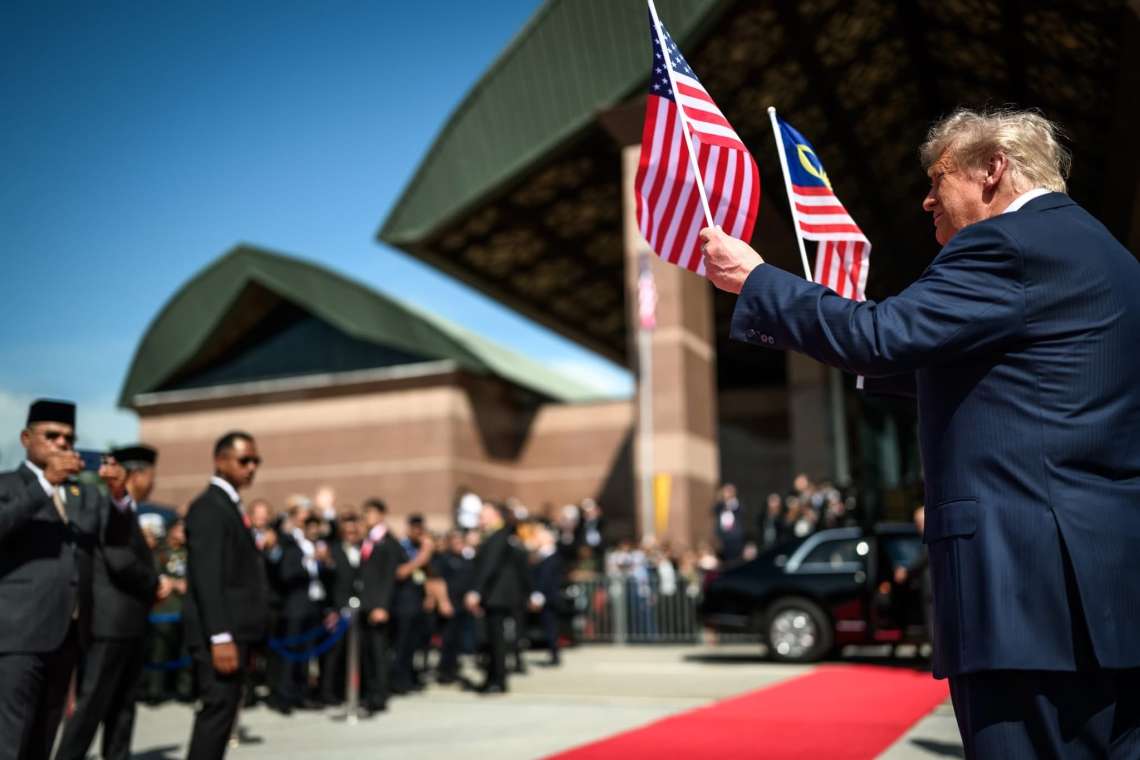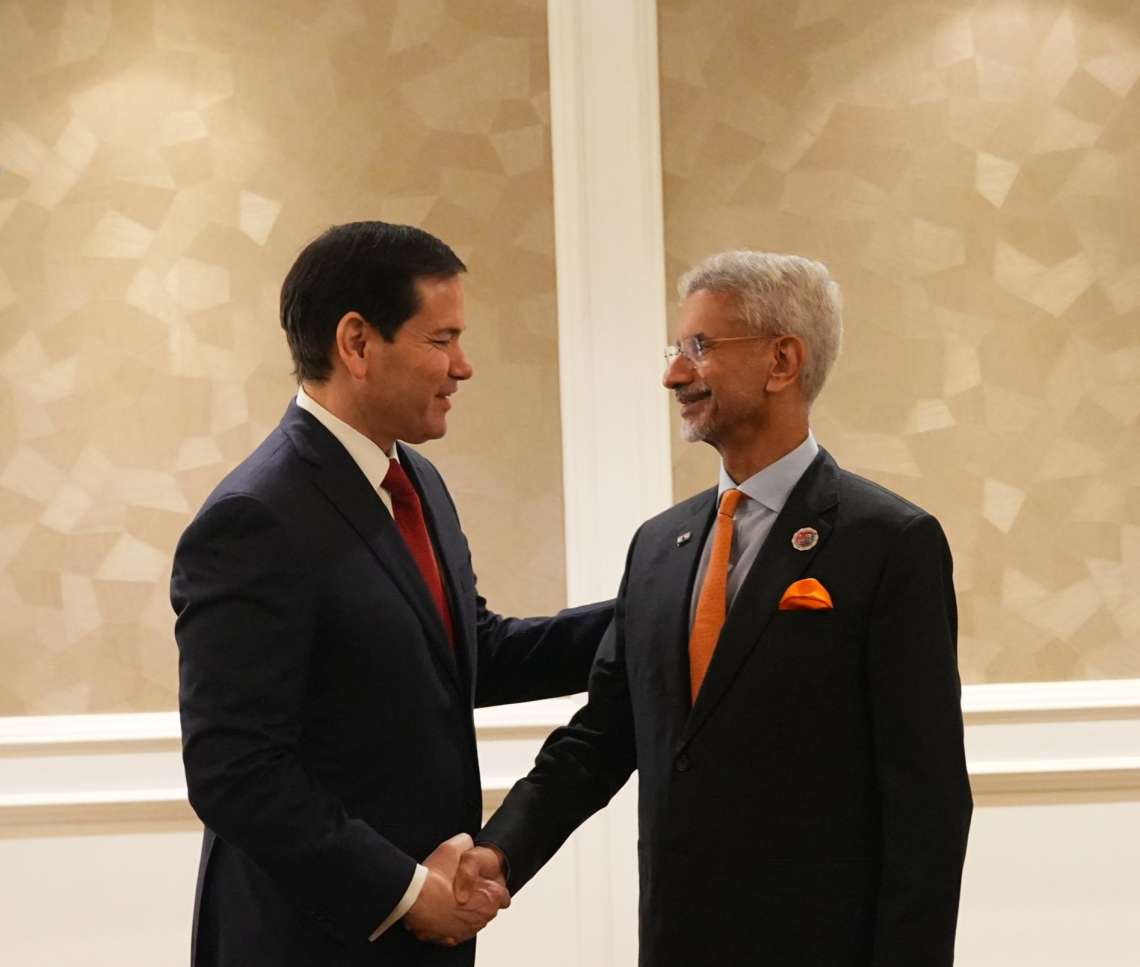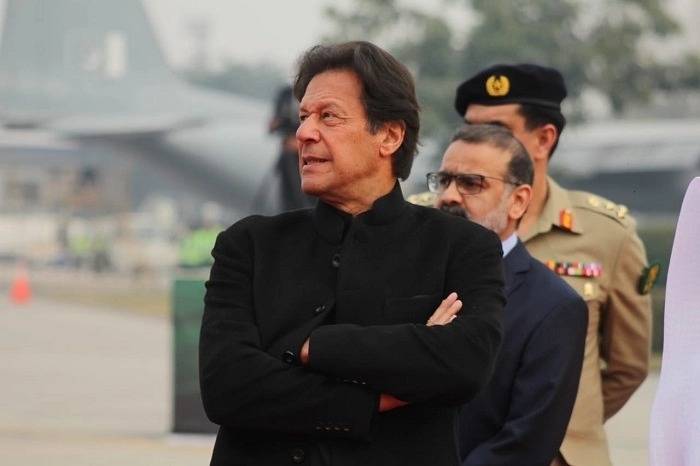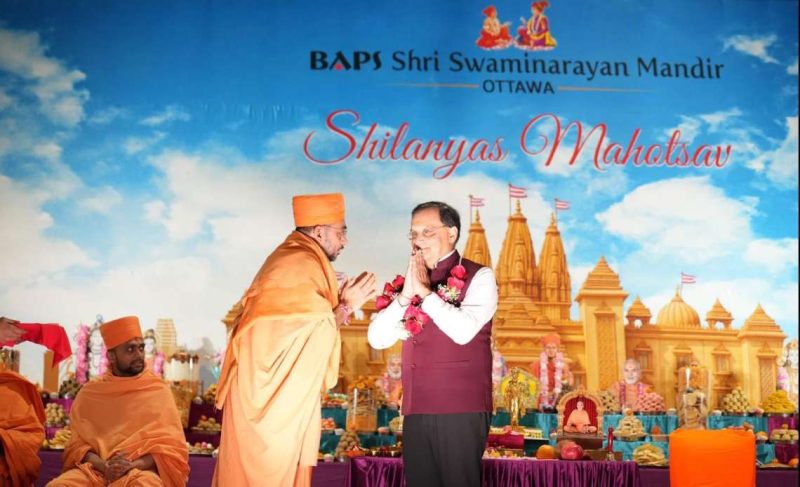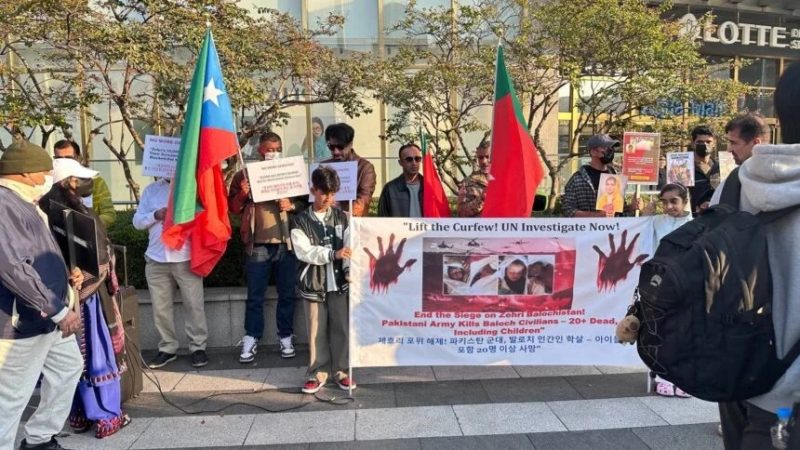Western sanctions will complicate further our dealings with Russia both in the military and economic domains. And this at a time when we intend to invest more in Russia’s hydrocarbon sector and in the economic development of its Far East….writes KANWAL SIBAL
The developing confrontation between the West and Russia on the Ukraine issue does not serve India’s interests. We have very friendly ties with the US, Europe and Russia and would prefer not take sides. This would require very deft diplomacy on our part. India is now an important global player and both sides will be watching the position India takes. The US will want some show of support for its position, while Russia will want us to take an independent position and not succumb to US pressure. For India an actual military conflict will be most undesirable because its international repercussions will be grave and cushioning against them by us will be most difficult.
The US and the EU are issuing repeated warnings at the highest level that in case Russia invades Ukraine it will face sanctions of unprecedented severity. Russia has already been subject to severe sanctions in recent years and seems to have absorbed them so far without excessive difficulty. It has warned the West that the new sanctions t being contemplated- already leaked- will lead to a breakdown of ties. This is hardly a situation that would be welcome to the majority of the international community.
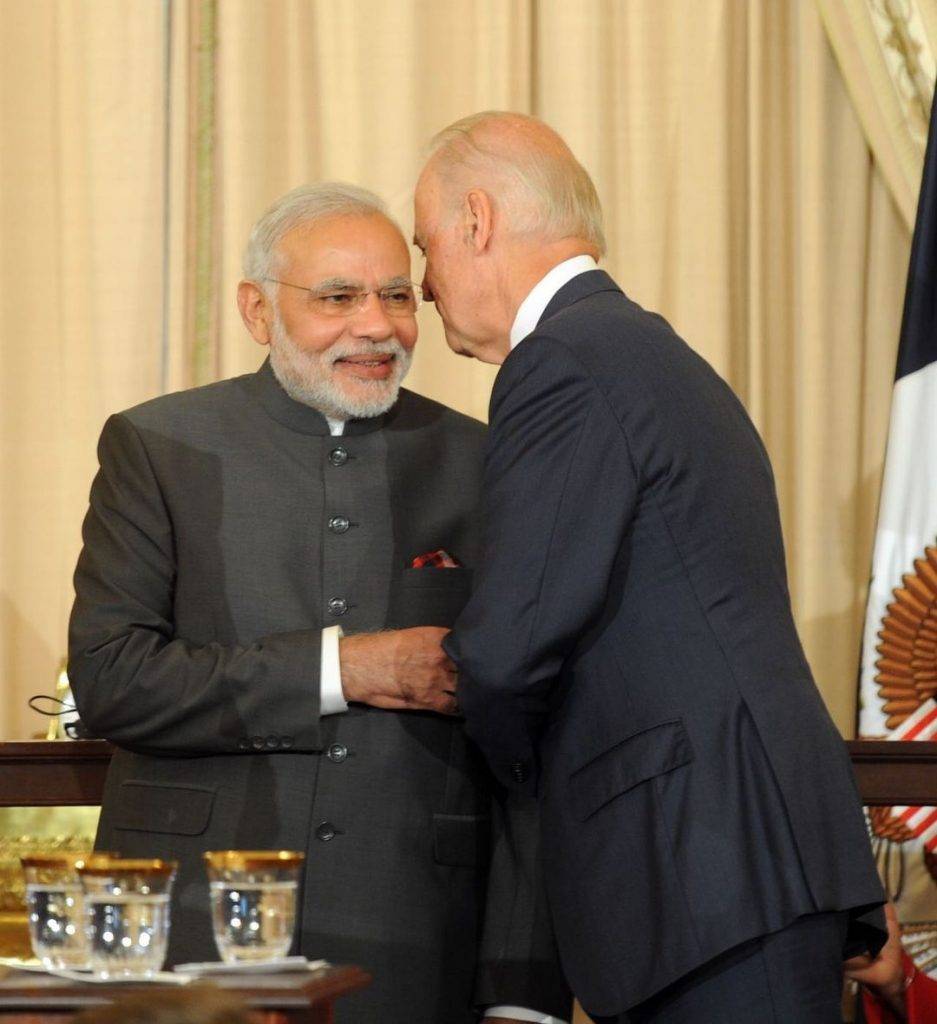
Western sanctions will complicate further our dealings with Russia both in the military and economic domains. And this at a time when we intend to invest more in Russia’s hydrocarbon sector and in the economic development of its Far East. The CAATSA sanctions against us for the purchase the S-400 system have not yet been invoked but the pressure to do so in some measure will grow. A closer US scrutiny of additional “significant” defence purchases from Russia by us would follow. Oil prices are already shooting up also because of Ukraine related tensions, imposing costs on us. If the Nord Stream 2 gas pipeline is not allowed to become operational, as Biden has publicly promised with the German Chancellor by his side as if Germany had no agency in the matter, will impact global gas prices too, which too will negatively impact us. All this when our economy is emerging from the Covid crisis.
In the UN Security council, we have made our position on the Ukraine situation known on two occasions in well-crafted statements. On January 31, while abstaining from a US procedural motion to discuss Ukraine, we stressed dialogue, de-escalation, balanced security and emphasised Europe’s role in the implementation of the Minsk agreements. Again, on February 17, during a UNSC briefing on the implementation of the Minsk agreements, India maintained that the situation in Ukraine can only be resolved through quiet and constructive diplomacy, avoidance of any steps that increase tension and an immediate de-escalation of tensions, while taking into the account the legitimate security interests of all countries. The Russians have welcomed this position as an independent one by India.
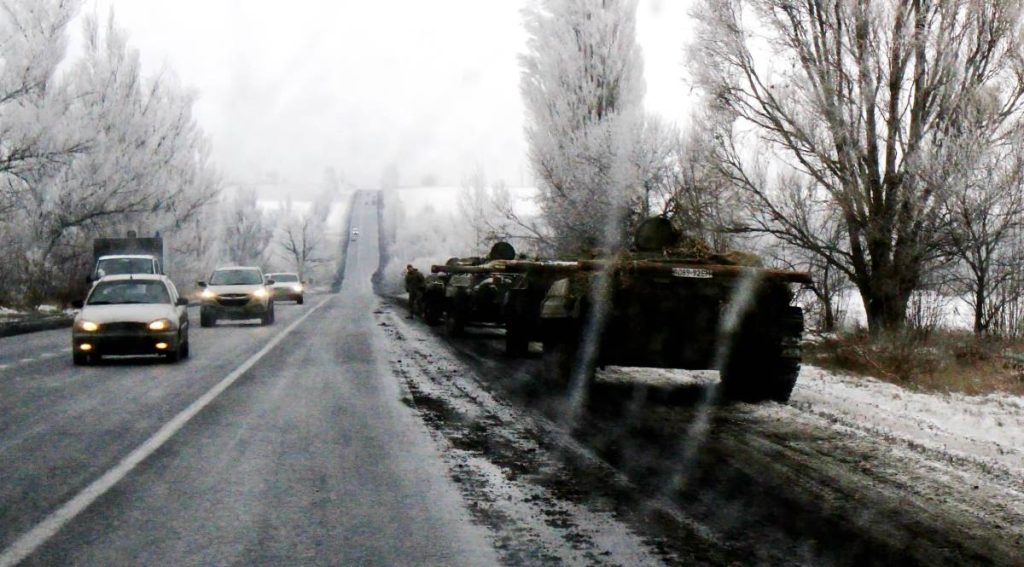
This is not fence-sitting but a dispassionate evaluation of the complex roots of the crisis based on its own experience in the subcontinent. Just as in the case of India’s own partition that has left a bitter legacy, with Pakistan, as the weaker country, seeking security in the military alliances set up by the US at that time and establishing regional economic associations to its west, with its governing class nurturing a deep hostility toward India despite a shared heritage and ill-treating its minorities, Ukraine also exhibits aspects of the same syndrome. The case may not be entirely identical, especially as the separation of Ukraine from Russia occurred peacefully, but the similarities are many. Powerful elements in Ukraine also nurture deep hostility towards Russia despite a shared heritage; and the country seeks security in the NATO alliance and prosperity in a relationship with the European Union. Its discriminatory attitude towards the Russian speaking minority is part of the current confrontation with Russia.
US diplomacy on Ukraine remains active in all forums, Secretary of State Antony Blinken raised the issue also in the Quad meeting at Melbourne. The State Department has said that he and Jaishankar had an “honest dialogue” on it. Jaishankar would have no doubt explained the rationale of our own position, and it would seem that there might be some understanding on where we stand. The US may want our statements to reflect cognisance of its position in some way but India cannot lose sight of its own national interest. An “honest dialogue” does not mean agreement; it can mean honest but friendly difference of opinion. Our UNSC statement which came after Melbourne shows that our basic position on the surging conflict has not changed.
The talk of US and the EU budging India from its position of neutrality is an effort by some lobbies to generate pressure on India to take a more pro-US position. The usual criticism of India “sitting on the fence” is being made, as if all the protagonists involved in the Ukraine issue have not sat on the fence on issues of vital Indian national interest. Our Quad partners sit on the fence on our territorial and sovereignty issues with Pakistan and China. While the Soviet Union supported India on Kashmir, Russia has moved towards a more neutral position. On diplomacy over Afghanistan and eventually handing over the country to the Taliban/Pakistan duo, both countries have not taken sufficient cognisance of India’s vital security interests. Pakistan still is America’s major non-NATO ally. All the Quad countries and Russia maintain expansive economic ties with China, with Russia expanding its defence ties too.
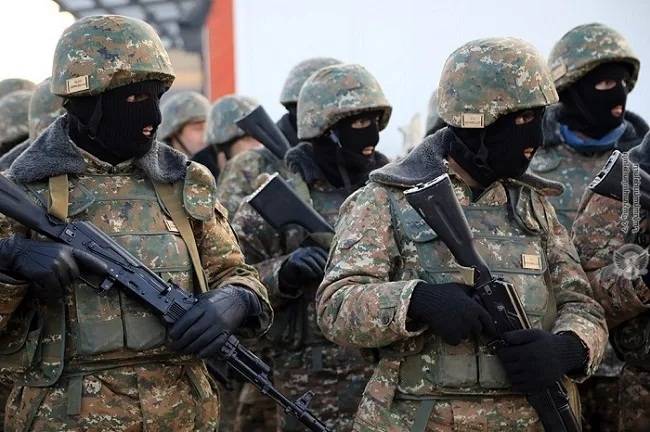
The assumption is that if an actual military conflict erupts India will find it difficult to maintain its middle of the road position. This argument should not overlook the responsibility of all parties involved to contain the situation and not allow it to go out of hand. The developing situation has some bizarre aspects. The Russians insist, despite massing troops close to the Ukrainian borders, that they have no intention to invade Ukraine, and that they have presented to the Americans their security demands on which they want negotiations. The Americans have rejected the core demands of Russia but are willing to discuss issues of strategic stability in Europe. They press for more diplomatic efforts even as they have supplied arms to Ukraine and positioned military trainers on the ground there and in the Baltic states and Poland as well. The Americans and the British insist that a Russian invasion is imminent, even as the Ukrainians say they do not sense that and that the hype on the issue is imposing heavy costs on the Ukrainian economy. All this has assumed aspects of political entertainment.


